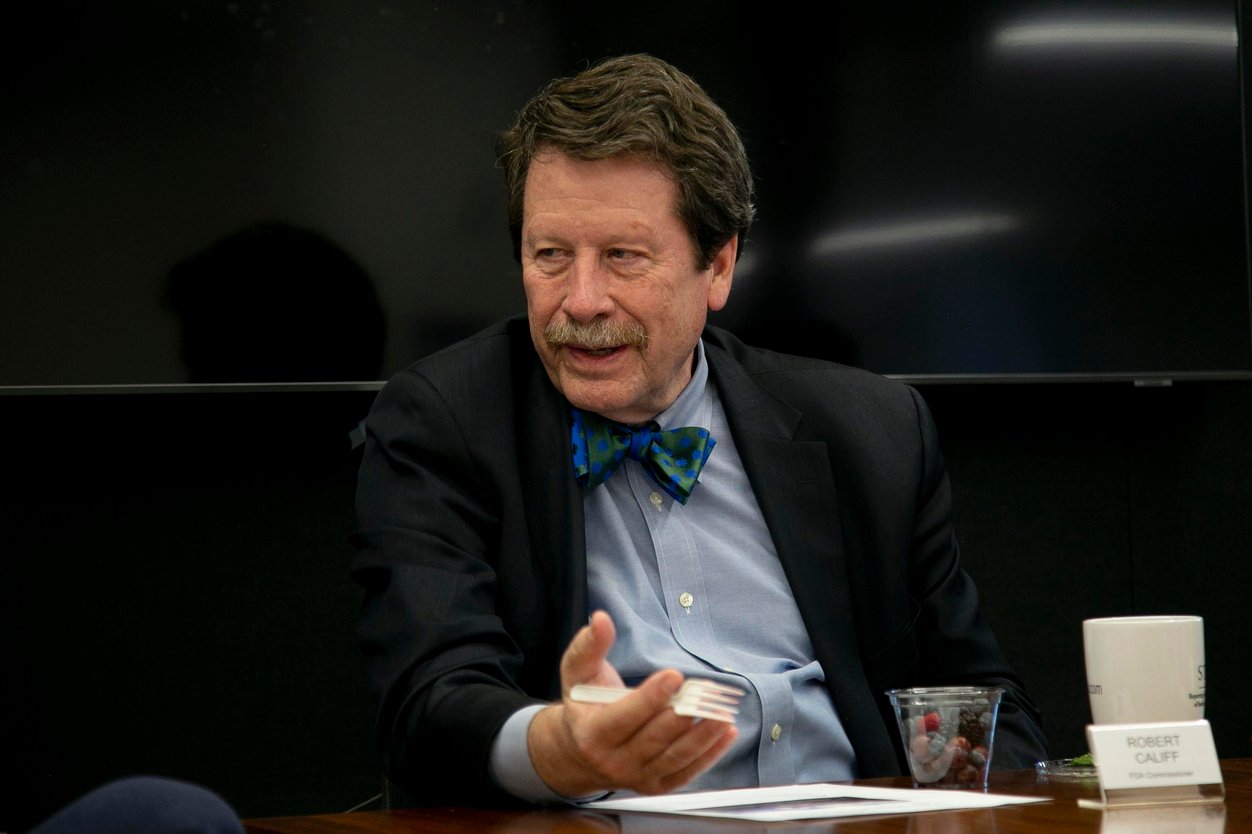environmental health
Where is HHS' environmental justice office with East Palestine?

AP Photo/Matt Freed
Amid the first major environmental disaster of the Office of Environmental Justice's existence at HHS, the train derailment in Ohio, the tiny department seems unsure what to do — or if it can do anything at all.
It (and its parent climate change office) still don't have a budget (and have been snubbed by Congress in two previous rounds). A spokesperson says the office "is not currently designed to distribute funds or send staff to impacted areas" but will hold "policy discussions."
While CDC and EPA officials are on the ground assessing toxic levels and educating residents about avoiding exposure, it's unclear whether there's even a role for another office (even a treatment and research fund, for instance, would likely be set up through CDC). All this comes as Biden prepares to launch his 2024 proposed budget — and Republicans have made clear they won't back new spending. Read more from me here.
at the fda
FDA chief talks new drugs and old challenges

Alissa Ambrose/STAT
Commissioner Robert Califf stopped by STAT's Boston office Monday for a wide-ranging conversation about his first year on the job, a new obesity medication, problems recruiting and retaining staff (though he says they aren't as bad as people think) and more.
On the agency's recent approval of obesity drug Wegovy, Califf said it was "a shame" that its maker Novo Nordisk funds obesity education programs. He added that it also shows a void in medical school resources. He also said he'd "like to get rid of voting as much as possible" in advisory committee meetings.
But there were a few things he wouldn't weigh in on, my colleague Drew Joseph writes: The recent departure of Billy Dunn, who headed the agency's neuroscience division, and an upcoming decision from a federal judge on a case challenging the FDA approval of mifepristone, an abortion medication. Read the whole Q&A here.
Medicaid
Connecticut's idea to avert the Medicaid cliff
 Timothy Tai for STAT
Timothy Tai for STAT
My colleague Rachel Cohrs has an uplifting story for you all today out of Connecticut, where the state health insurance exchange has set up a program intended to help them navigate the massive Medicaid transition states will face beginning April 1.
The program trains people living in historically underserved communities to be insurance brokers to help people in their communities find coverage. Employees did outreach at local churches and barbershops, repurposed laptops, and applied for grants to bring the program to fruition. Twenty-eight people, including Venton and Monica Forbes pictured above, graduated in the program's inaugural class last year.
Connecticut's Broker Academy has drawn interest across the country, as states try to figure out how to keep people who don't qualify for Medicaid anymore insured. Read the full story here.
the coronavirus
Covid origins in the spotlight
This week, House lawmakers are expected to vote on a bill that would declassify federal files pertaining to the origins of the coronavirus. Tomorrow, a separate committee kicks off the first in a series of hearings slated to interrogate where the virus came from and how the government handled it.
The bill, which passed the Senate unanimously last week, would require the Director of National Intelligence to declassify all information related to the origins of Covid-19 within 90 days. It's schedule for markup today and could head to the floor this week. The White House hasn't said whether President Biden will sign the bill, but has said there's no consensus within the federal government about where the virus originated.
Then on Wednesday, the House Select Subcommittee on the Coronavirus Pandemic holds its first hearing under a reworked GOP mandate to probe Covid-19's beginning and federally funded research. All eyes will be on Trump CDC Director Robert Redfield, who has weathered heavy criticism of his agency's early response. The committee, which now includes nine Republicans and five Democrats, will also hear from a think tank fellow and a former New York Times journalist, both of whom have advanced the lab-leak theory.


No comments